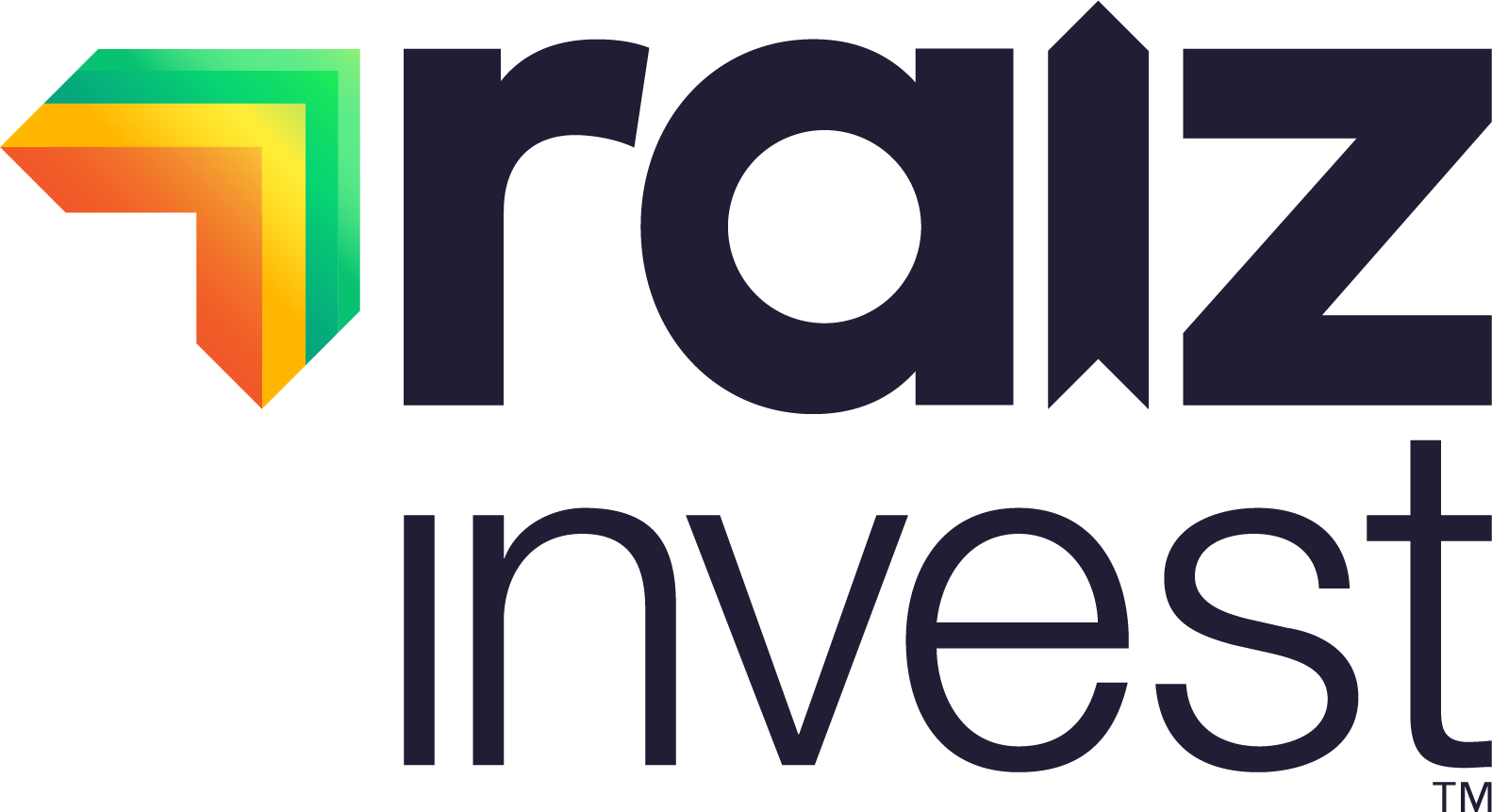Investing Basics: Types of Investments

In everyday life, we often refer to investing as putting time or effort into something that will provide a long-term benefit, such as an education. When we talk about investing from a financial perspective, we’re more concerned with investing money, with the expectation of generating an income or profit with a long-term benefit for you financially.
Investing’s long-term benefits may place you on the path to the lifestyle you want to live. For most investors, growing their investments and savings isn’t about getting rich quick or buying private jets, it’s about creating financial security and freedom to choose the life they want to lead – to put them in control.
Let’s take a look at some of the most common types of investments people put their money into.
Shares
One of the most well-known types of investments are shares. Put simply, when you buy a share you are acquiring a small piece of ownership in a company.
You may have also heard shares referred to as stocks, and although they are often used interchangeably, there is a small difference. When a company sells a portion of its ownership, it does so by issuing stock. The stock in a company is then divided into shares.
As you own part of the company, you are also entitled to part of the earnings of that company. Profitable companies may therefore pay dividends, which is a way of distributing the earnings of the company to its shareholders. In Australia companies pay a large proportion of their earnings out in dividends compared to many other countries in the world.
You can purchase shares through a share market, which is essentially one big auction house, where buyers and sellers list their respective buying and selling price, and when agreed upon pass on ownership of shares. In Australia the main exchange is the Australian Securities Exchange (ASX).
Just to confuse you, the share market can be referred to as both the stock market and stock exchange, but this is just finance people enjoying having different names for the same thing.
ETFs
ETF stands for an Exchange Traded Fund. An ETF is essentially just a basket of different shares that are pooled together into a single financial product that can be traded on the share market. ETFs are especially important for Raiz members as they are the main investments in our portfolios. For more information on Raiz fees, click here.
ETFs often track an underlying well-known index. An index is a hypothetical portfolio of shares that tracks a segment of the financial market. The S&P/ASX 200, for example, tracks the performance of the 200 biggest company stocks in Australia. So, an ETF that tracks the ASX 200 index will comprise the shares from those 200 companies and change in value in line with the index. One of the main advantages of ETFs is that for a low cost they give you exposure to many different companies, diversifying your investment.
ETFs aren’t limited to tracking just the share market, and are available for many different types of assets, such as bonds, cash and commodities.
Property
Investing in real estate has a unique position in the investment field. Unlike the above investments, property is a physical, tangible object that you can see and touch. Demand and supply for property is the main driver of real estate prices. There are many factors which influence the demand for property, but location is the main one. The main factor that affects the supply of property is unemployment.
Property investing is well understood by many. In Australia and many parts of the world there is a belief that property prices always rise. However, this may not be true and because there is no exchange where properties trade daily, their price is less transparent.
The downfall of property is the high entry and exit costs, and having to pay interest if you need a loan to acquire the property. The other downfall is the cost of maintaining the property. These costs create the possibility to lose money if your interest payments and maintenance costs are more than the income you earn from the rent and capital appreciation of the property. Property is also a highly illiquid asset, which means it’s difficult to convert the assets you own into cash.
Cash
Cash is what you keep in your bank account. It represents the low risk, low reward option of the investment world. In Australia, many cash deposits are guaranteed by the government, so they are very low risk. When we talk about cash as investments, we focus on high interest savings accounts and term deposits. Term deposits are bank accounts where you cannot touch your cash for a specified number of months and usually receive a higher rate of interest.
The advantage of keeping money in cash is that it provides certainty (as long as the Australia government can pay) that you will get your money back when you need it, however this comes at the cost of low returns, which can be very low. Currently we are living in a record low interest rate environment, with most of the interest earned from cash investments being wiped out by the increasing cost of living.
Bonds
Put simply, a bond is a loan. When a company or government needs funds, they may issue bonds to borrow money. When you buy a corporate bond, you are lending money to that company for a set amount of time in return for regular interest payments. As well as the interest payments, your initial investment will be repaid to you on a pre-determined date, known as the maturity date. Think of it like taking out a loan from the bank, except the roles are flipped, with you paying the principal upfront and then receiving the interest payments.
Bonds, like cash, are considered a more defensive investment since they provide you with a predictable income. Because there is more risk involved, bonds typically pay a higher interest rate than cash investments like term deposits. For example, if the company or government that issues the bond runs out of money and defaults on the loan, it’s possible you won’t get back the full amount you invested. Lending money to governments is safer than lending money to a company, and as such government bonds generally pay lower interest than corporate bonds.
Some bonds can be traded on the share market, and there are even ETFs that track bond markets. Raiz uses two bond ETFs in our portfolios, IAF (Australian Government Bonds) and RCB (Australian Corporate Bonds).
Don’t have the Raiz App?
Download it for free in the App store or the Webapp below:
Important Information
The information on this website is general advice only. This means it does not take into account any person’s particular investment objectives, financial situation or investment needs. If you are an investor, you should consult your licensed adviser before acting on any information contained in this article to fully understand the benefits and risk associated with the product.
A Product Disclosure Statement for Raiz Invest and/or Raiz Invest Super are available on the Raiz Invest website and App. A person must read and consider the Product Disclosure Statement in deciding whether, or not, to acquire and continue to hold interests in the product. The risks of investing in this product are fully set out in the Product Disclosure Statement and include the risks that would ordinarily apply to investing.
The information may be based on assumptions or market conditions which change without notice. This could impact the accuracy of the information.
Under no circumstances is the information to be used by, or presented to, a person for the purposes of deciding about investing in Raiz Invest or Raiz Invest Super.
Past return performance of the Raiz products should not be relied on for making a decision to invest in a Raiz product and is not a good predictor of future performance.




